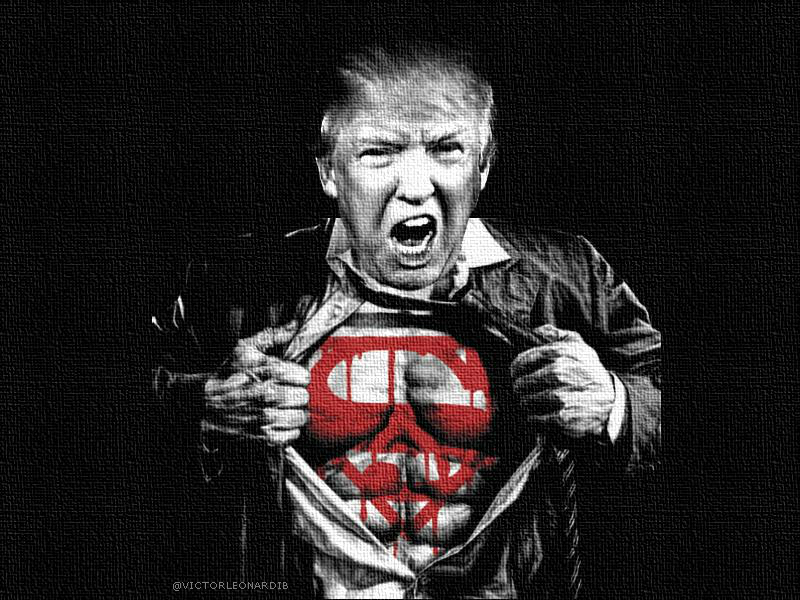Donald Trump and financial markets is a lesson in the madness of crowds

No one wants to talk about the market reaction to the US election because almost no one saw it coming.
There was a nearly-universal belief that a Donald Trump win would be bad for the stock market and risk assets. A few weeks later and almost everyone has changed their mind.
In hindsight, the idea of tax cuts, less regulation, fiscal stimulus and a united Congress doesn't sound so bad. But why did hardly anyone recognize it?
It's not like it was impossible to see.
Myself, right at the depths of the lows on election night wrote a post called: Why the US dollar will be a 'buy' once the Trump dust settles
Here's what I wrote:
For eight years Republicans have been ranting about fiscal discipline. In eight weeks that will all go out the window as they take over the US government.
Politicians love power and there is no better way to stay in charge than to spend money. It will start out as infrastructure spending (maybe even wall-building) and will escalate from there.
There is global trend towards higher deficit spending and with US 10-year yields at 1.73%, it's a cheap time to borrow and spend. I see a future of unbelievable deficits as they cut taxes, spend more and try to make America great again.
But I thought it would take a month before the dust settled. I got caught up in the same fear of the unknown and different as everyone else.
What's equally striking is that no one is talking about how the entire market whiffed. I suppose that's natural -- no one likes to talk about when they were 100% wrong.
But at the same time, it's an incredible opportunity to see how markets really work. History is littered with episodes of popular delusions like the idea that Trump would be a disaster for markets.
Justin Wolfers is one person who has given it some deeper thought:
In one classic experiment, subjects who were asked whether people would be happier in California than the Midwest focused on the salient differences - the winter weather - which led them to conclude - wrongly! - that Californians were happier. Perhaps investors made a similar mistake when comparing life in Trumpland with life in Clintonia, focusing on salient differences such as the temperament of each leader, while ignoring the raft of other factors that would shape their portfolios.
Perhaps the reality of waking up to a new president broke this narrow focus, leading investors to look beyond their narrow concerns, to their broader confidence in the strength of American political institutions. Or perhaps, as Bridgewater Associates argued in a note to clients, investors shifted from focusing on "the Man" to "the Man's policies." Indeed, my colleague Neil Irwin has noted that some of Mr. Trump's policies - including huge corporate tax cuts - are catnip for investors. It's striking that investors didn't focus on this until after the election.
Savvy investors are meant to be forward-looking and hungry for profits. There were huge potential profits - the opportunity to buy stocks when they were cheap - available for any investor who had the forethought on election eve to imagine that their colleagues would wake up and interpret what they already knew about Mr. Trump in a more broader or optimistic light.
This failure to fully imagine the implications of the new world is not rational, but it's very human
That's a great take.




